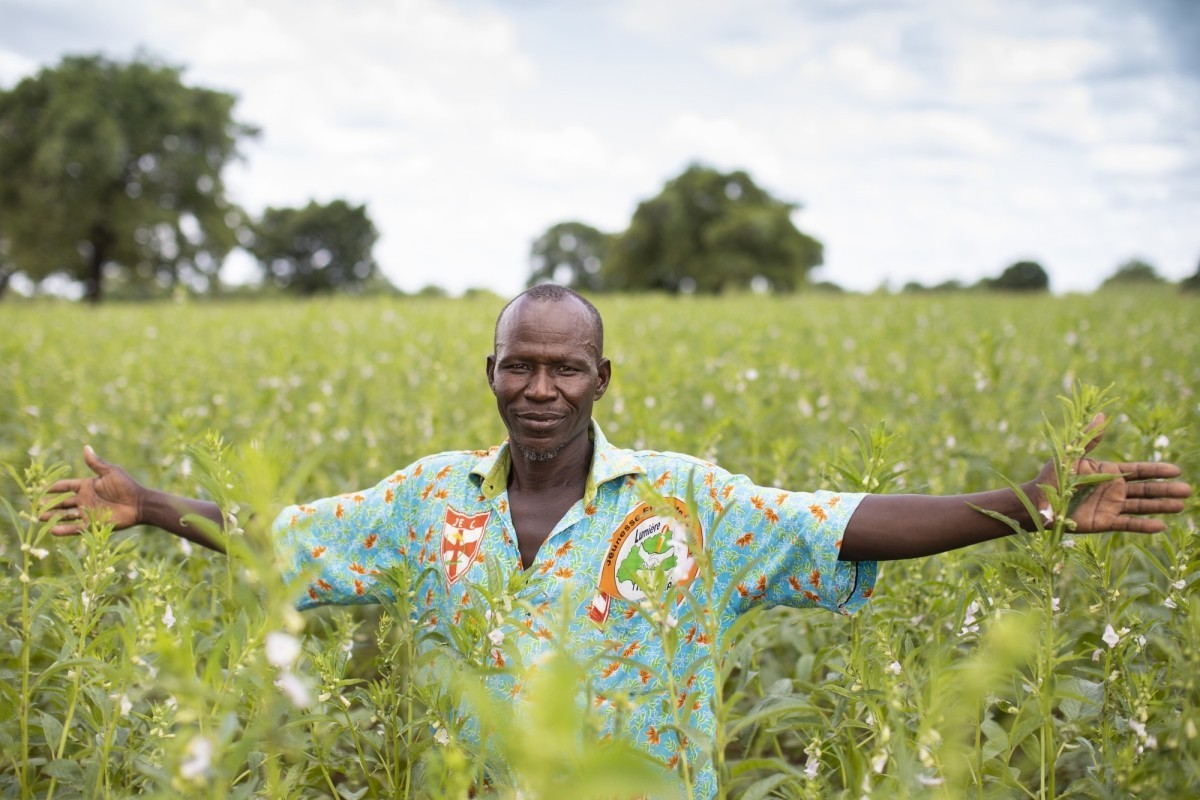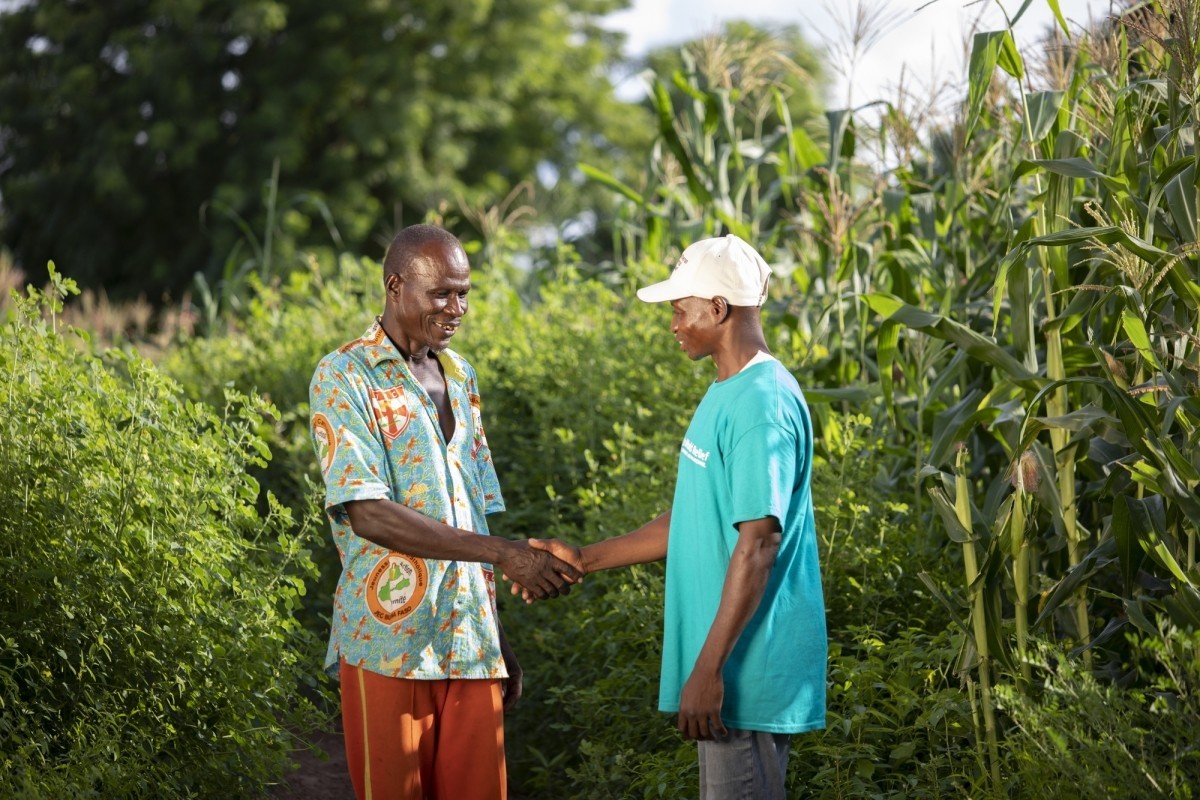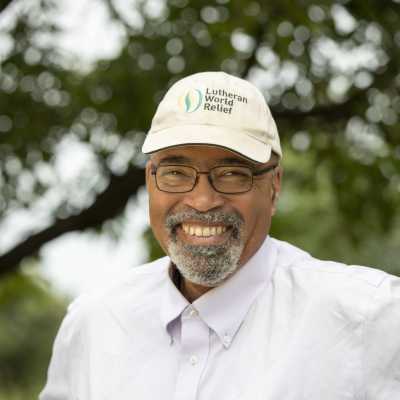This year, Foroza Dakuyo’s harvest surpassed his harvests from the previous seven years — combined.
And this is no small feat in Mouhoun Province, a region of Burkina Faso where climate conditions change quickly and where most families rely on what they grow from their small acreage farms for food and income.
Foroza, 54, grows sesame, the plant that produces sesame seeds and sesame oil, and is a high-value cash crop that grows in places where many other crops fail.

He started growing sesame seven years ago, knowing that it had the potential to be a lucrative crop if he could grow enough high-quality product. But a typical harvest brought in virtually no income, leaving him with little to feed and support his family.
Foroza’s determination was met by opportunity when he learned about a new initiative in his community that was all about sesame production. Since that time, he’s learned how to prepare pesticides made from plants and other natural materials and apply organic fertilizer. He also learned how to better prepare his land for planting and how to space the seeds. He even gets regular visits from expert sesame farmers, who bring him specific instruction and advice to further improve his production.
And perhaps the most significant boost to Foroza’s production came from planting a new seed variety that requires less growing time, making the sesame less vulnerable to sudden dry spells and increasing the amount of sesame that can be grown every season.

Blaise Tianhoun, an expert sesame farmer, regularly meets with Foroza to provide specific instruction and advice to further improve his production.
Foroza rarely misses an instruction session at his local farmers’ cooperative. And his dedication has paid off. This year’s harvest afforded Foroza the ability to buy three motorcycles to transport his sesame to market, bring electricity to his home for the first time, pay school fees for his younger children — and even help his adult children build brick homes so they could work together and expand the family’s successful sesame farm.
And the future will be brighter still because his farmers’ cooperative can command higher prices with their higher quality sesame and open the door to international markets for their products.
Foroza is not alone in his success. Lutheran World Relief is reaching nearly 500,000 people across Burkina Faso with the support they need to produce high-quality sesame. And we’re creating a robust sesame supply chain by bringing together sesame producers, like Foroza, with banks superior sesame.
Thank you for your continued support of opportunity worldwide. With your generosity, families, like Foroza’s, are able to feed and support themselves now and into the future.
This project receives support from the U.S. Department of Agriculture/Foreign Agricultural Service’s Food for Progress program.
Photos by Jake Lyell for Lutheran World Relief.






